📍 Introduction
When most people hear the word “blockchain,” they immediately think of Bitcoin or other cryptocurrencies. While blockchain technology is the backbone of digital currencies, its potential extends far beyond the crypto world. From healthcare to supply chains, finance to voting systems, blockchain is revolutionizing how industries operate by bringing transparency, security, and decentralization.
This article explores the top real-world applications of blockchain beyond cryptocurrency, especially in the Indian context, and how it’s reshaping various sectors in 2025.
🧠 What Is Blockchain, Really?
At its core, a blockchain is a distributed digital ledger. Instead of storing data on a single server, it stores information across a network of computers (called nodes). Every transaction is time-stamped, encrypted, and added as a “block” to the chain of previous records.
Key Features:
- 🔒 Immutable: Once data is recorded, it cannot be altered.
- 👥 Decentralized: No central authority; every node has a copy.
- 📖 Transparent: All transactions are verifiable and traceable.
🏥 1. Healthcare: Securing Patient Data
India’s healthcare system often suffers from fragmented records and data leaks. Blockchain can solve this by offering tamper-proof patient records.
Use Cases:
- Patients control who can access their data
- Hospitals can share medical records securely
- Real-time access to vaccination and treatment history
Indian Example:
The Indian government is exploring blockchain for its Ayushman Bharat Digital Health Mission, enabling a unified health record for every citizen.
🚚 2. Supply Chain & Logistics: Improving Traceability
Blockchain allows stakeholders to track the journey of goods from production to delivery. This is especially crucial for industries like agriculture, pharmaceuticals, and electronics.
Benefits:
- Prevents counterfeit products
- Improves inventory management
- Enhances food and medicine safety
Indian Use Case:
APEDA (Agricultural and Processed Food Products Export Development Authority) is testing blockchain to track organic food exports for global markets.
💸 3. Banking & Finance: Faster and Safer Transactions
Banks are increasingly using blockchain for KYC (Know Your Customer), cross-border payments, and smart contracts.
Use Cases:
- Real-time settlements without intermediaries
- Transparent loan disbursements and repayments
- Fraud detection and secure digital identity
Indian Development:
The Reserve Bank of India (RBI) launched a pilot program to test a CBDC (Central Bank Digital Currency) using blockchain tech in late 2022.
🗳️ 4. Voting Systems: Enabling Transparent Elections
Elections in India are massive, complex, and sometimes questioned. Blockchain can offer secure, tamper-proof online voting, especially useful for NRIs and migrant workers.
Features:
- Voter authentication via blockchain
- Immutable record of votes
- Real-time counting without manual errors
Pilot:
The Election Commission of India, in collaboration with IIT Madras, has tested a blockchain-based remote voting system.
🏢 5. Real Estate: Preventing Land Scams
One of the most corrupt and opaque sectors in India is real estate. Blockchain can simplify and secure property registration, land ownership, and legal titles.
Advantages:
- Digital property records that can’t be tampered
- Transparent history of land ownership
- No need for intermediaries or middlemen
Progress in India:
States like Telangana and Andhra Pradesh have launched blockchain land registry pilots to reduce fraud and disputes.
🧾 6. Intellectual Property & Digital Rights
Artists, writers, and musicians often struggle to prove ownership or get paid fairly. Blockchain enables NFTs (Non-Fungible Tokens) and smart contracts to track usage and royalties automatically.
Benefits:
- Permanent proof of ownership
- Automatic royalty payments
- Protection against piracy
Indian Context:
Startups like WazirX NFT and GuardianLink.io are building NFT marketplaces for Indian creators and celebrities.
🎓 7. Education: Verifying Certificates and Degrees
Fake degrees are a growing concern in India. Blockchain-based credentialing ensures academic certificates are genuine, verifiable, and tamper-proof.
Use Cases:
- Universities issuing digital diplomas
- Employers verifying qualifications instantly
- Centralized student record system
Initiative:
The National Academic Depository (NAD) and CBSE are exploring blockchain for storing educational certificates.
🛍️ 8. E-Commerce & Consumer Goods
Blockchain enables product traceability, especially for high-value items and luxury goods.
Use Cases:
- Confirming authenticity of branded goods
- Transparent reviews and seller ratings
- Smart contracts for automated transactions
Indian Potential:
E-commerce giants like Flipkart and Reliance JioMart are exploring blockchain integration for logistics and returns management.
🔐 9. Cybersecurity & Identity Verification
Blockchain provides secure digital identities and prevents data tampering or hacking.
Benefits:
- Single digital ID across services
- Prevention of identity theft
- Secure login systems without passwords
Adoption in India:
Aadhaar could potentially integrate blockchain for secure and decentralized authentication in future versions.
🏛️ 10. Public Governance & Transparency
Government processes are often opaque. Blockchain can bring transparency and accountability to public projects, tenders, and welfare distribution.
Features:
- Transparent fund allocation
- Automated subsidy release via smart contracts
- Reduced corruption and leakages
Pilot Program:
The Government of Maharashtra has tested blockchain for tracking agricultural subsidies and school programs.
🧠 Why Blockchain Matters for India’s Digital Future
India’s push for Digital Bharat demands trust, security, and transparency—qualities that blockchain inherently offers. From securing health records to automating agriculture subsidies, the technology can:
- Cut red tape
- Reduce fraud
- Boost digital inclusion
As the Indian startup ecosystem and government initiatives continue to embrace emerging tech, blockchain will be a backbone, not just a buzzword.
📝 Conclusion
Blockchain is no longer just the foundation of Bitcoin—it’s a technology poised to revolutionize dozens of industries in India and worldwide. With real-world use cases in healthcare, real estate, governance, and education, blockchain is emerging as a critical tool for transparency, efficiency, and innovation.
Whether you’re a tech enthusiast, policymaker, student, or entrepreneur, understanding blockchain’s potential beyond cryptocurrency is key to preparing for the future.
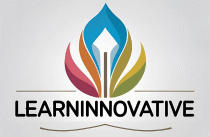
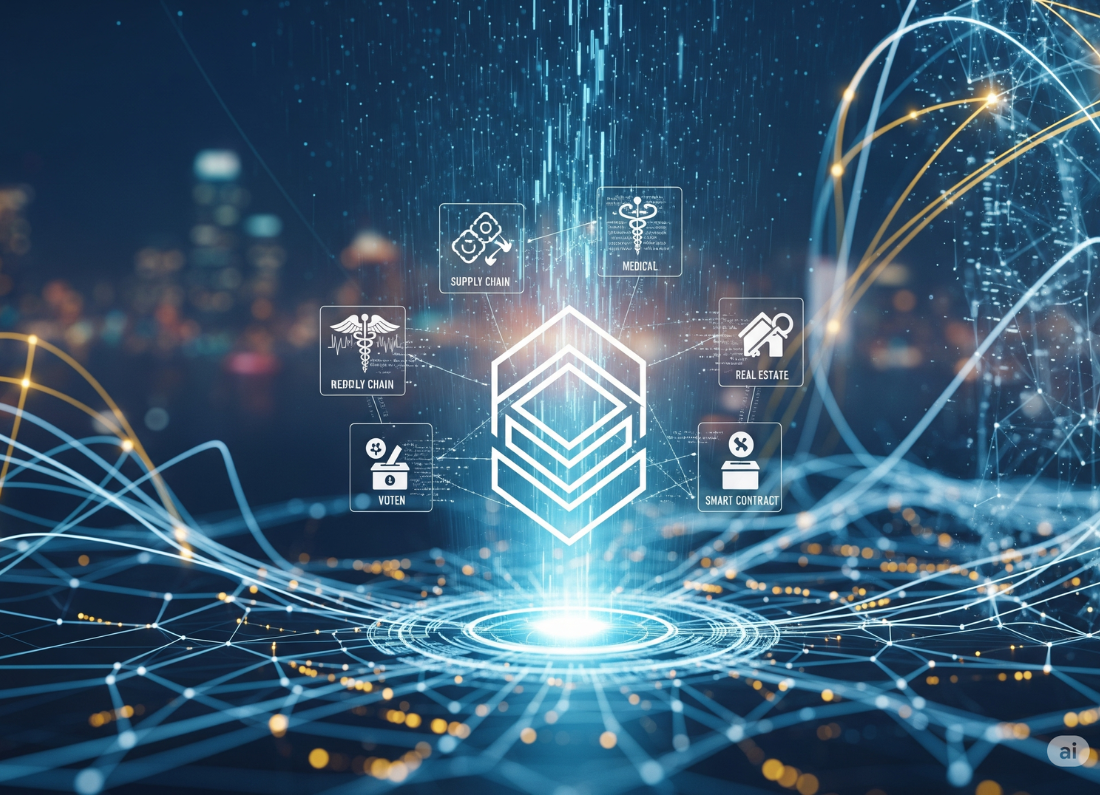

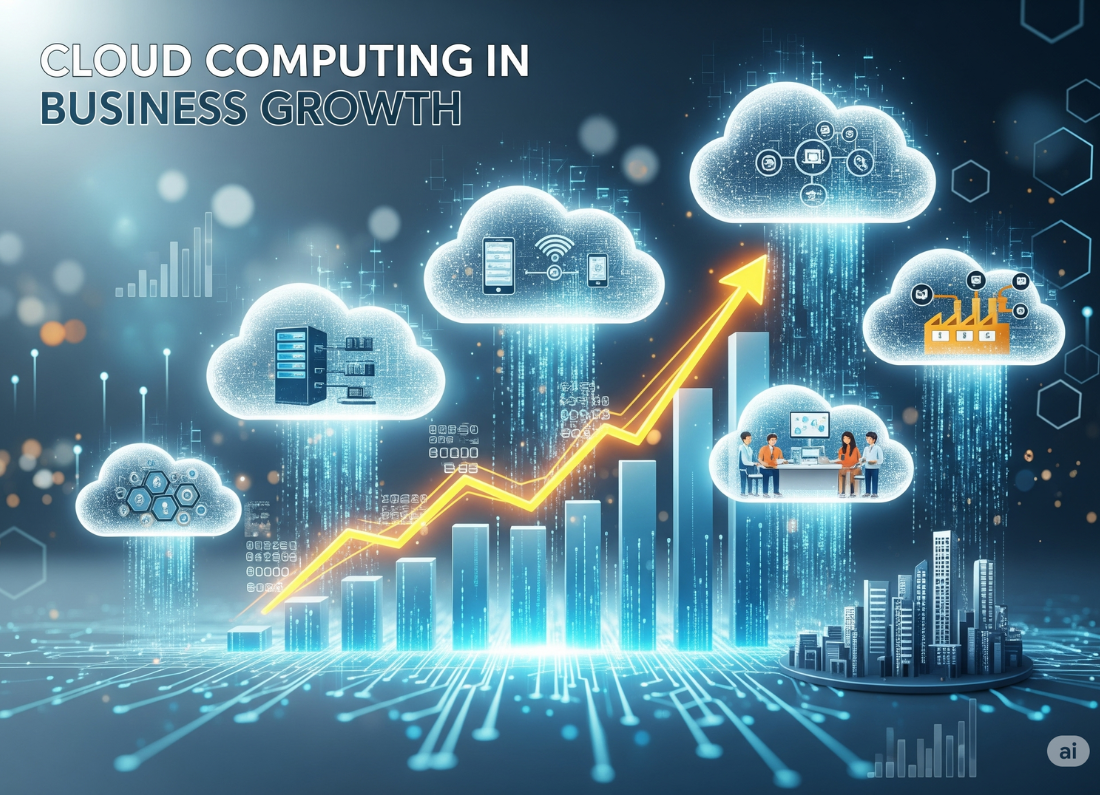
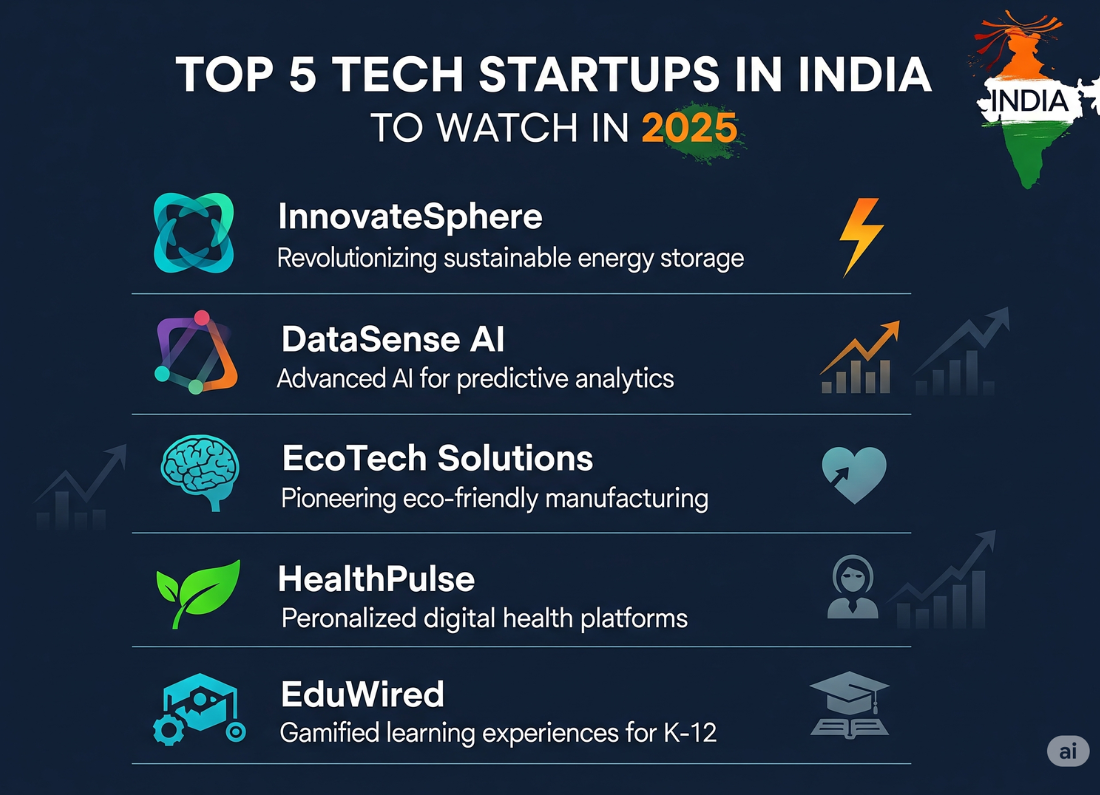
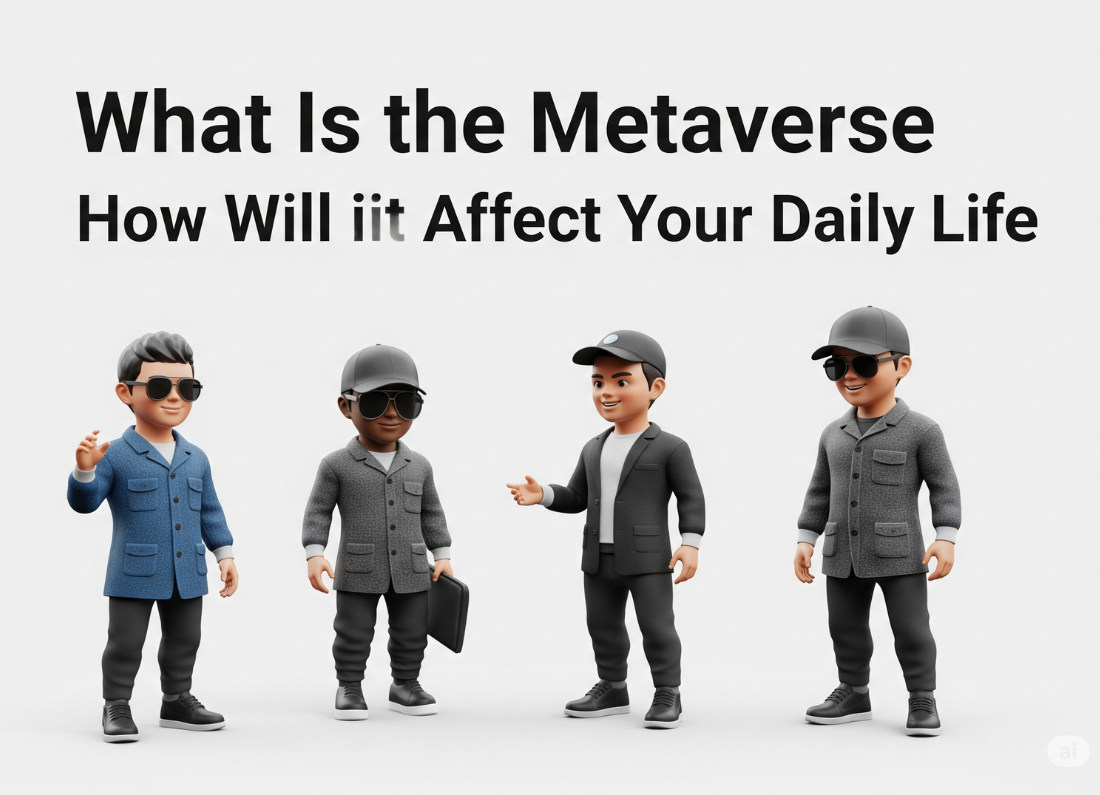
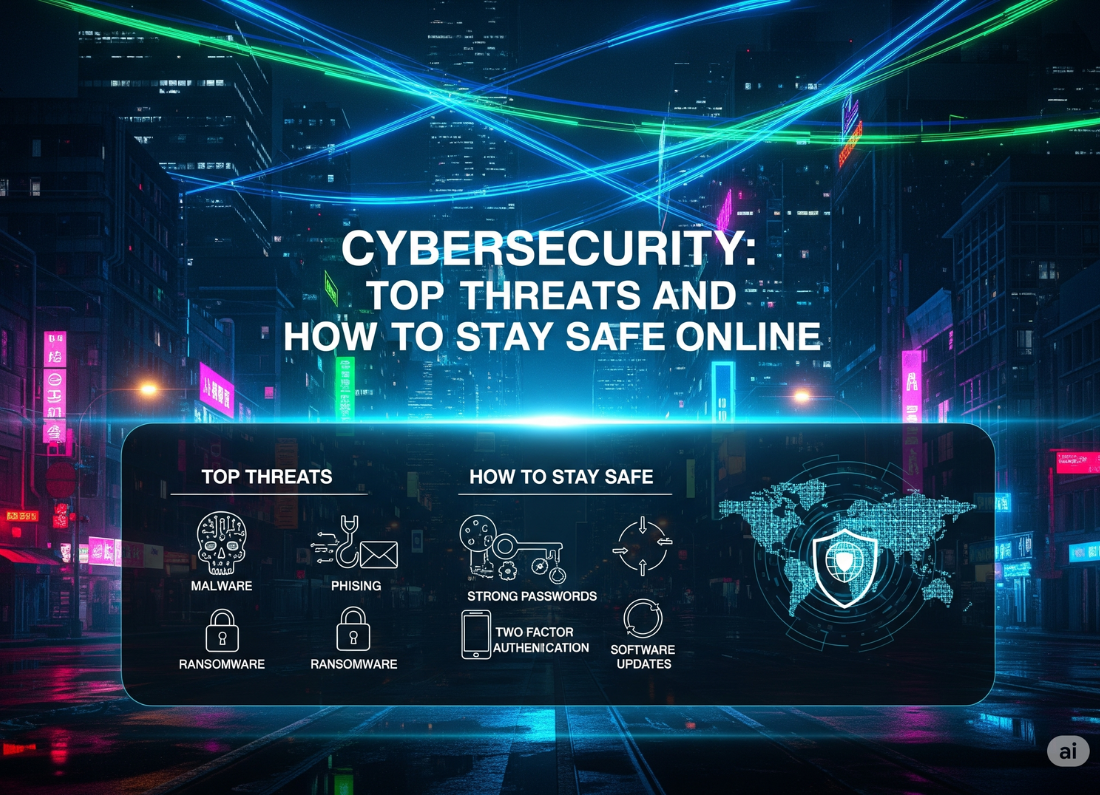
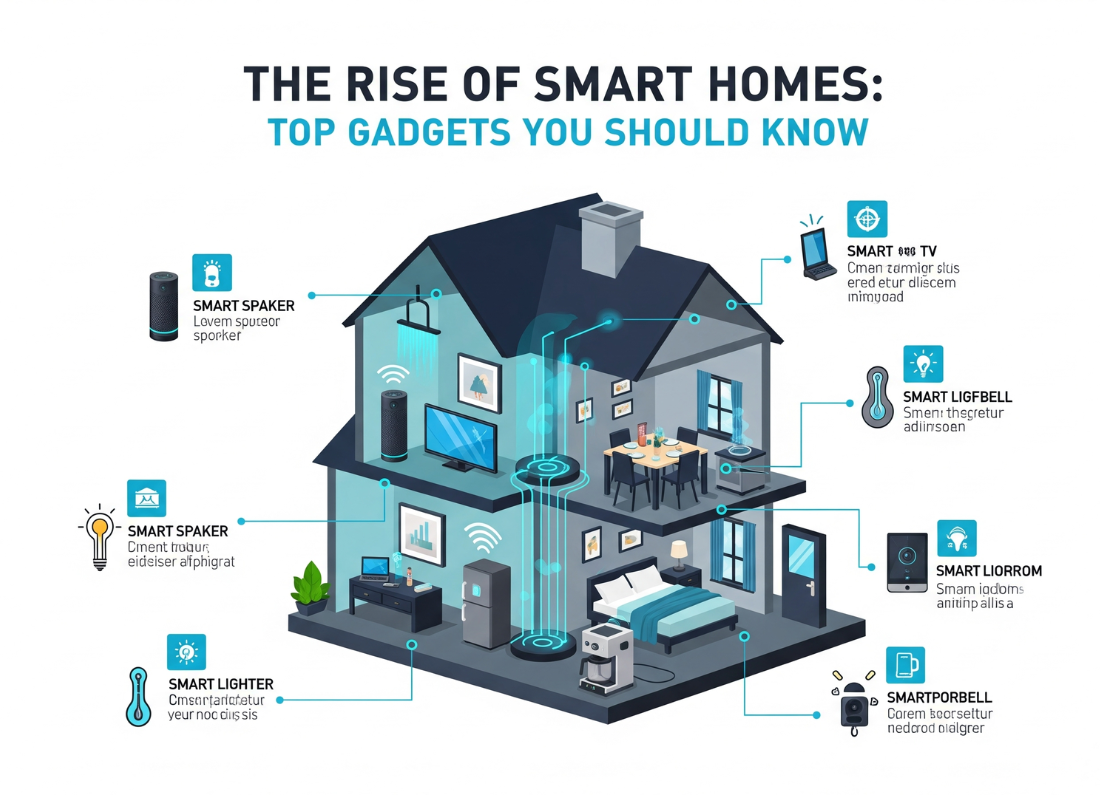
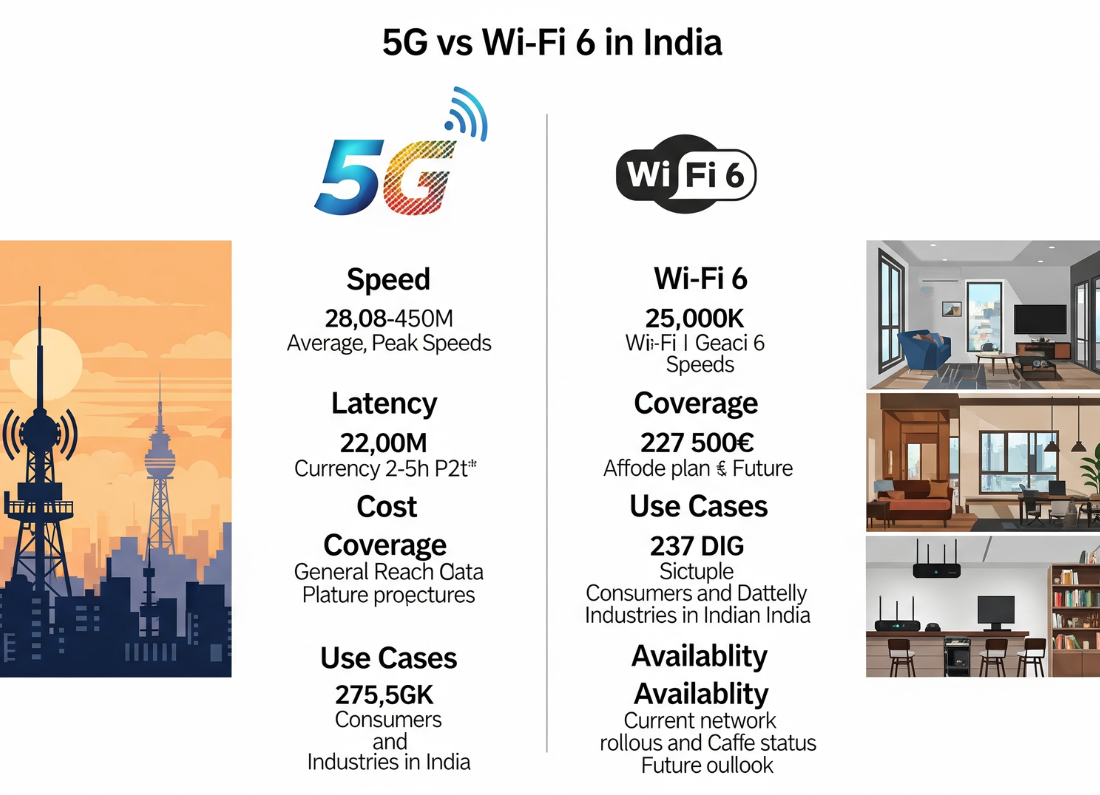
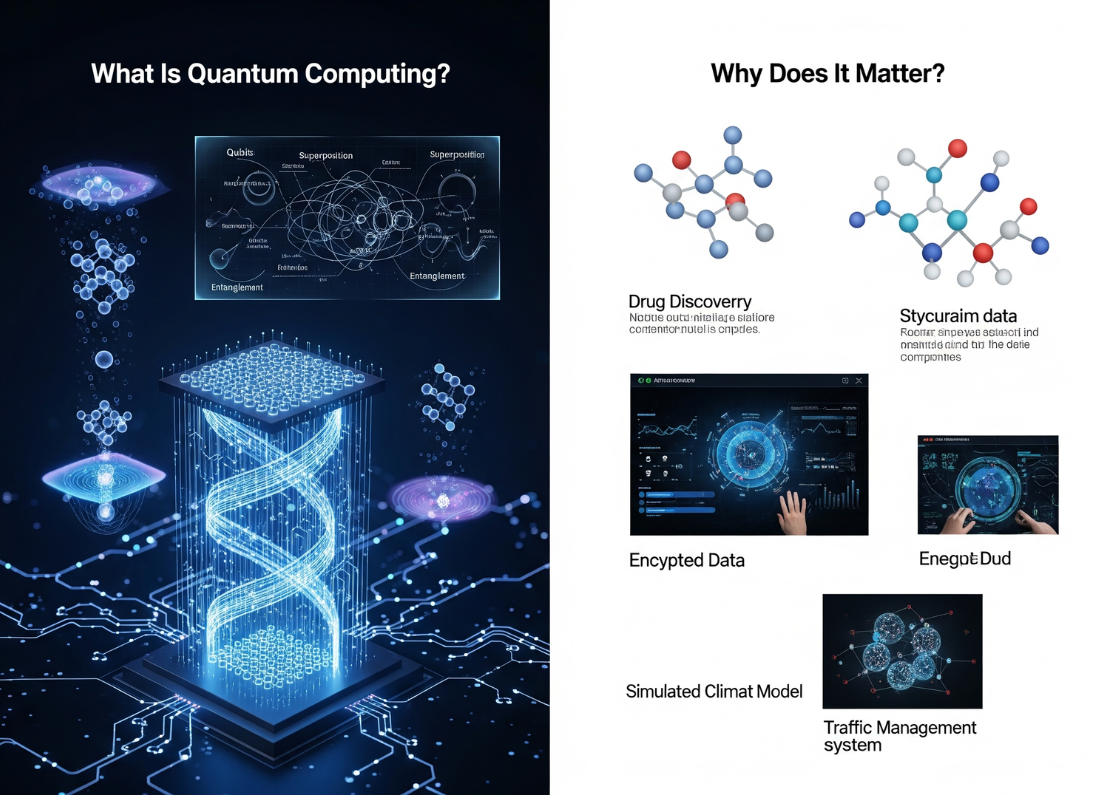





Leave a Reply